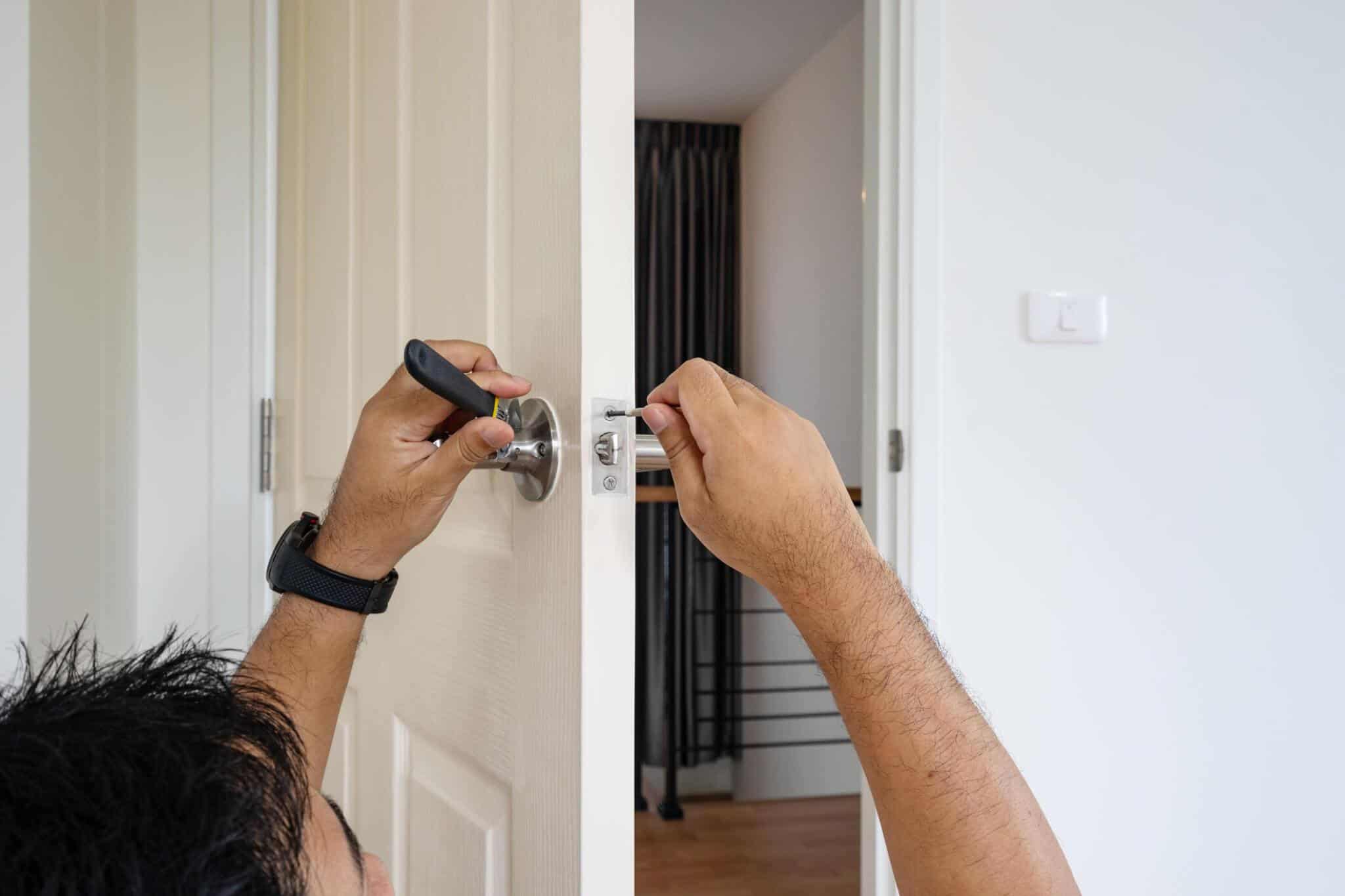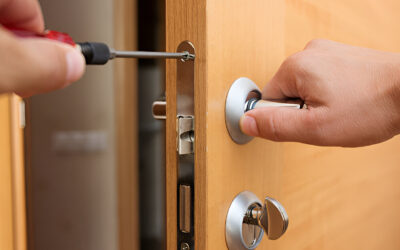No one knows property security more than locksmiths. Whether for houses or commercial establishments, locksmiths will put their best foot forward to attend to your security needs—but not all of them. Unfortunately, some locksmiths do the opposite and involve themselves in malicious scams that put their clients vulnerable to forced entries and serious financial damage. The locksmithing business is no stranger to scams and exploitations, so here’s a list of common locksmith scams and how you can avoid them!
Bait-and-Switch Prices
One of the most prevalent scams in the world is the classic bait-and-switch. This is when services are priced lower over the phone or on their website but charge higher once on-site. Locksmiths use this scam once they have arrived at your residence or workplace and personally tell you that the service will cost more as the job looks more difficult face-to-face. Locksmiths will also quote you for additional fees like transportation and overtime. They would also pressure you into doing so, leaving the client with no choice but to pay the price.
How to Avoid the Scam: Ask for a written estimate of all the fees before the locksmith does their work. If the estimated charge does not align with the price over the phone, refuse their work. If they do come to your property to do the service and threaten you to pay more, do not hesitate to call for immediate help.
Cash-Only Payments
It may seem innocent, but locksmiths asking for cash is one of the oldest tricks in the book. By using only cash as a mode of payment, tracing back to the locksmith is hopeless as it leaves no trail behind. Paying in cash makes refunding for unacceptable locksmith services impossible. Reputable and professional locksmiths offer different modes of payment: credit cards, wire transfers, bank transfers, etc.
How to Avoid the Scam: Be aware that any legitimate and reputable locksmith will accept all forms of payment—especially ones you find more convenient. This, in turn, builds trust between locksmiths and clients.
Intentional Damage of Locks and Properties
Because, of course, who would suspect that the locksmith fixing your lock is the one destroying it even more? Dishonest locksmiths will say that the only way to fix a problem is to force their way through it. Usually, the perfect opportunity for residential locksmiths arises when there is an issue with the lock. Instead of conservative methods, they automatically resort to drilling and damaging the lock. They then replace the lock with a cheaper one and ask for a higher price.
How to Avoid the Scam: Always remember that reputable locksmiths will, at least, try non-destructive methods (like picking the lock) before damaging your property.
Pushing for Unnecessary Repairs
Locksmiths might take advantage of your limited knowledge about their profession, pushing you to pay for unnecessary repairs. This scam comes in many forms, but the most common is suggesting that your lock is damaged even if you have not experienced any trouble with it firsthand. They can also convince you to buy a completely different part of the door despite it being irrelevant to your original issue.
It may also come to a point when locksmiths pressure you into giving them the green light to make immediate repairs. They make it seem like a life-or-death situation, creating a sense of urgency that leaves you no time to ask for another professional’s opinion.
How to Avoid the Scam: The best solution to the problem is to ask for a professional’s second opinion. Ask a reputable locksmith to check on what needs “immediate” repairing.
No Post-Service Communication
Many people underestimate the power of post-service communication. A locksmith becomes reputable when they prioritise client satisfaction over anything. To achieve this, reputable locksmiths maintain an open line of communication between their customers even after the service. A residential locksmith fixing a lock is only half the job, the other half is providing additional assistance and addressing any concerns clients may have after.
After completing a service, scamming locksmiths are not keen on creating that connection—dropping all modes of contact with the customer leaving no trace in broad daylight.
How to Avoid the Scam: To see whether clients are happy with the locksmith, check out the reviews on their homepage or dedicated reviews page. This gives you an idea on how they treat their customers before, during, and after the service.




